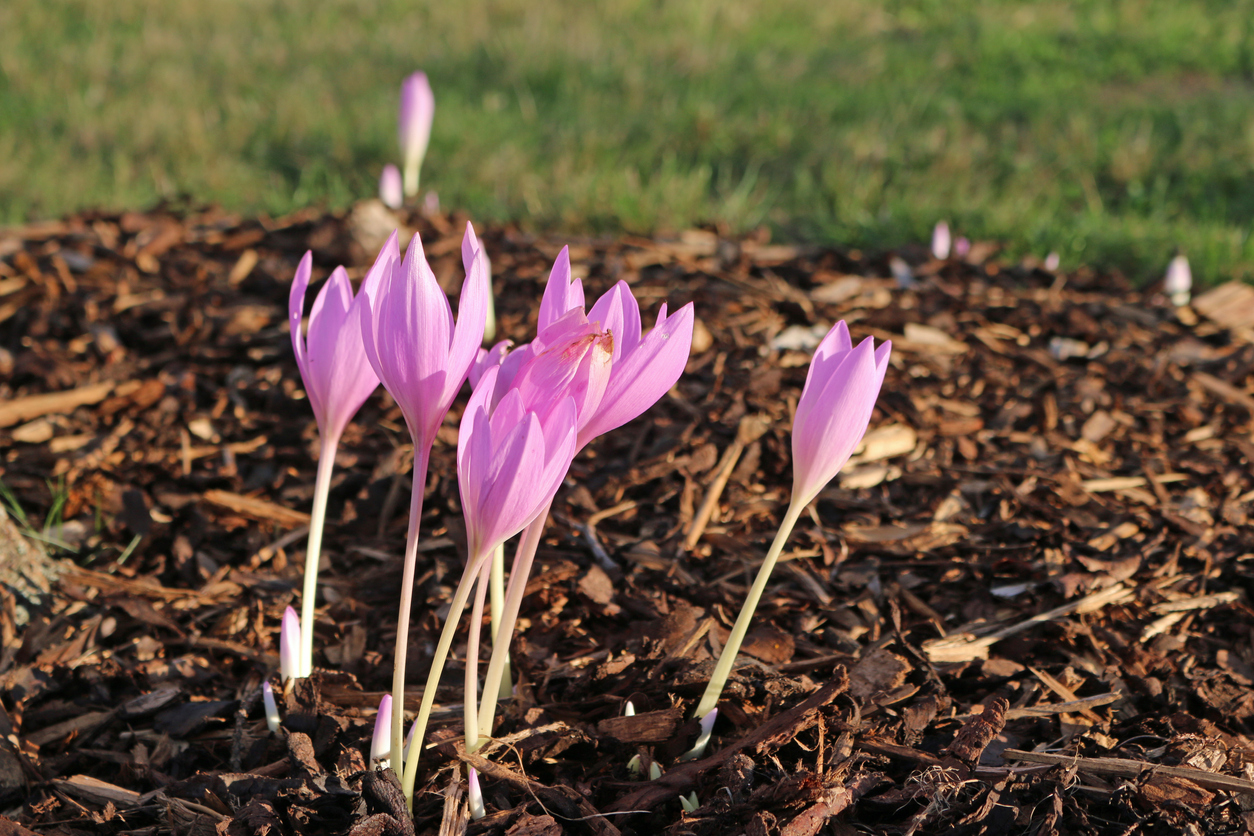Cheap gout drug colchicine added to UK's RECOVERY COVID-19 trial

Colchicine, a cheap and readily available anti-inflammatory drug used to treat diseases such as gout, is to be investigated as a potential therapy for COVID-19 in the UK’s ground-breaking RECOVERY trial.
In a statement academics from Oxford University, which is running the trial, said that colchicine will be added to the Randomised Evaluation of COVid-19 thERapY (RECOVERY) trial from today.
Colchicine is derived from the autumn crocus and could be an important inclusion in the growing list of drugs that are being used against the disease if results are supportive.
RECOVERY is the world’s largest clinical trial of treatments for COVID-19 and is taking place in 176 hospital sites with over 18,000 patients recruited so far.
At least 2,500 patients are expected to be recruited to RECOVERY and will be randomly allocated to receive colchicine plus usual standard of care.
Results will be compared with at least 2,500 patients who receive the usual standard of care on its own.
Dosage used will be 1000 micrograms for the first treatment, then 500 micrograms every 12 hours for a total of 10 days or until discharge if sooner.
The main outcome the RECOVERY trial will assess is mortality after 28 days. Other outcomes include the impact on hospital stay and the need for ventilation.
Depending on recruitment rates, it is likely to be several months before there is enough evidence to conclude whether colchicine has a significant benefit in COVID-19 patients.
Other treatments being tested on RECOVERY include Roche’s Actemra (tocilizumab), convalescent plasma from donors who have recovered from COVID-19 containing antibodies against the virus, Regeneron’s antibody cocktail REGEN-COV2 and aspirin.
The trial has already shown that the dexamethasone, a cheap steroid, can cut mortality in patients with severe respiratory complications from COVID-19.
It has also shown that hydroxychloroquine, the anti-malarial touted by president Donald Trump as a potential therapy, produced no effect in COVID-19.
RECOVERY has been made possible by the UK’s National Health Service and its ability to coordinate a large clinical trial across the entire country.
Professor Peter Horby, co-chief investigator of the RECOVERY trial, said: "Colchicine is an attractive drug to evaluate in the RECOVERY trial as it is very well understood, inexpensive and widely available. If it works it would be another COVID-19 treatment that could be used immediately worldwide, even in the poorest countries."











